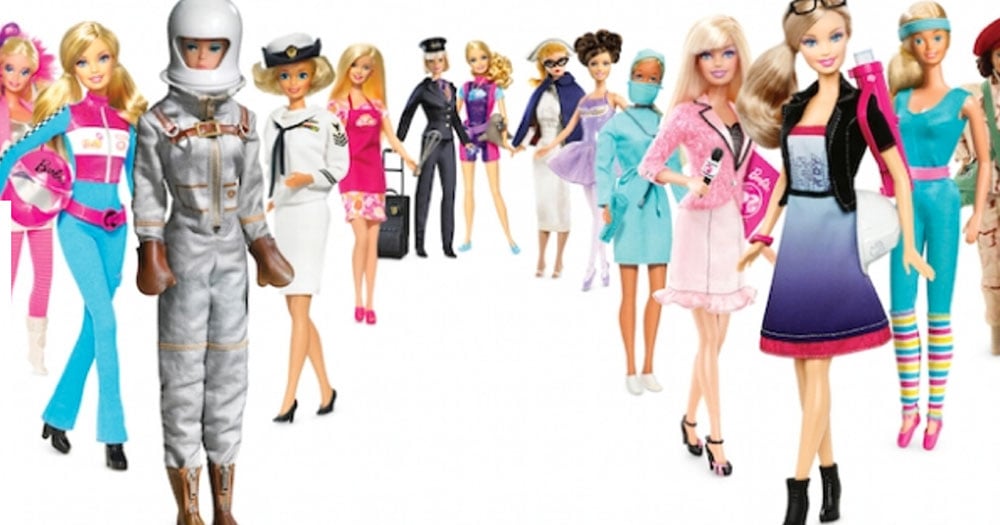It was August 8th, 2013 when I first saw my favorite band in concert. The Killers were on a worldwide tour for their newest album “Battle Born.” I remember hearing the first note and tearing up. I remember screaming “You’re gonna miss me when I’m gone” as loud as I possibly could. The song was “Miss Atomic Bomb” and I will never forget that moment in time. But what does this have to do with American icons? I’m glad you asked because it has EVERYTHING to do with modern day representation of the atomic bomb.

Sure, I could go on and on about the references to the atomic bomb made in both the song and music video, but there are some particular mentions I want to explore. First of all, the song is called “Miss Atomic Bomb”, so who was she? Well, it’d be helpful to set the scene by saying that The Killers are from Las Vegas. That being said, the Yucca Flat just outside of Las Vegas hosted 739 nuclear tests from 1951 to 1992.[1] Because Vegas was a blossoming city, the chamber of commerce decided to provide a unique tourist experience by capitalizing on the bombings through advertisements and calendars.[2] Soon Vegas became the hot spot for all things atomic. Thus, Miss Atomic Bomb was created.

Miss Atomic Bomb was a representation of Vegas. She was a showgirl in a mushroom cloud bikini used to pull tourists to the city. Though her name was supposedly Lee Merlin, there is little information about the original Miss Atomic Bomb. This is a fascinating tale as the U.S. had just recently detonated two atomic bombs that decimated two cities. Despite which narrative the American public was exposed to, they still found a way to capitalize on it and build Las Vegas into the city it is today. The commercialization of the atomic bomb is wholly American in nature as we value capitalism and ingenuity. Miss Atomic Bomb is not only significant because of her association with the bomb itself, but with her representation in present day culture, she could be an icon as well.
https://www.youtube.com/watch?v=Qok9Ialei4c
- https://www.buzzfeed.com/copyranter/lee-merlin-miss-atomic-bomb-1957?utm_term=.dmK8lvE6B#.iqn043x9z
- https://www.popularmechanics.com/science/energy/a20536/who-are-you-miss-atomic-bomb/

